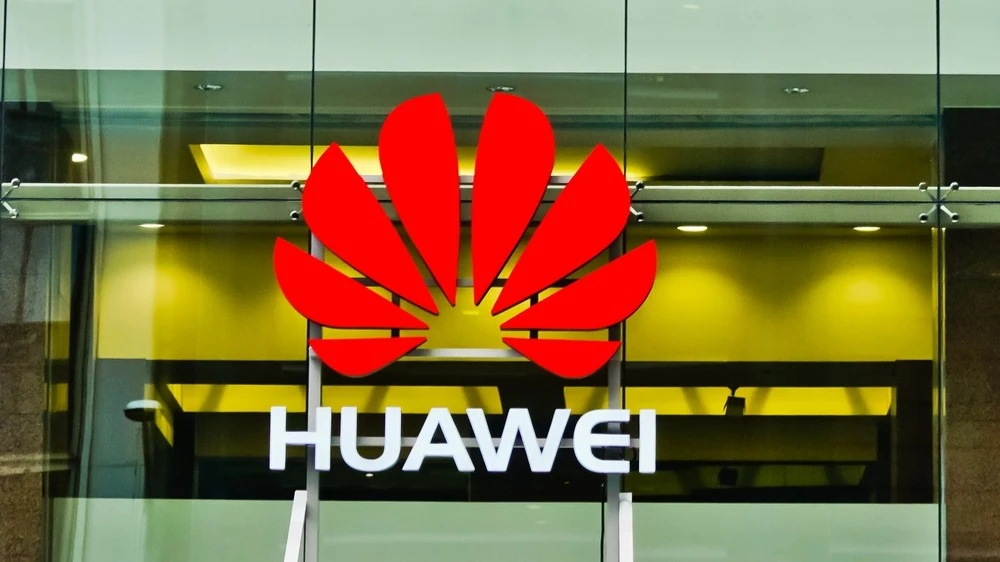Huawei has found a way to compete in the AI race with Nvidia even with weaker chips
Nvidia's latest chip for the Chinese market has failed to generate excitement among local customers, Reuters has found out

While Nvidia is facing restrictions and loss of interest in its new chips in China, Huawei has found a way to increase capacity for artificial intelligence through scaling. The PRC-based tech giant has unveiled a development that allows it to combine tens of thousands of its chips into a single system. This could change the balance of power in the Chinese AI market, which is cut off from Nvidia's most advanced products.
Details
The new SuperPod technology, which Huawei unveiled on September 18, allows up to 15,500 of its AI chips to be linked together in a single system to compensate for their low individual power. The company said it already has a supercomputer cluster of about 1 million processors in operation. Company founder Zhen Zhengfei has previously said that while Huawei is behind Nvidia in individual chip performance "by a generation", it can make up the difference through cluster computing.
SuperPod technology is a direct competitor of Nvidia's NVLink solution, which provides high-speed communication between chips in a server, Bloomberg writes. For the Chinese market, which is cut off from Nvidia's advanced products due to US sanctions, Huawei's development has become an important step in creating its own alternatives. At the Sept. 18 event, the company also announced a plan to release a new lineup of AI chips in the coming years: the Ascend 950PR and Ascend 950DT in 2026, the Ascend 960 in 2027 and the Ascend 970 in 2028, the agency said.
Nvidia's new chip fails in China
U.S. authorities allow Nvidia to ship only products with reduced specifications to China. The last such Nvidia chip - RTX 6000D - did not arouse much interest among local technology giants and they are in no hurry to place orders, according to Reuters sources. According to them, the main reasons are the high price (about 50 thousand yuan, or $7 thousand) and relatively poor performance: tests showed that the RTX 6000D is inferior to the consumer graphics card RTX 5090. Although the latter is banned for sale in China, it is available on the gray market at half the price.
In other reports - according to The Financial Times' sources - Chinese authorities have asked tech giants not to buy RTX 6000D chips.
Context
Major Chinese companies including Alibaba, Tencent and ByteDance are also awaiting clarity on shipments of another Nvidia chip, the H20. In July, the White House lifted a ban on exporting these processors to China, but shipments to customers have not yet resumed, Reuters notes.
Meanwhile, Beijing is increasingly urging local companies to switch to domestic chips. Earlier this week, Chinese authorities accused Nvidia of violating antitrust laws, adding to the uncertainty for the company's business in the country. A month earlier, Chinese regulators summoned representatives of Tencent and ByteDance to explain their purchases of H20 chips from Nvidia.
What's going on with the stock
Shares of Chinese technology companies have risen sharply in recent weeks on news of progress in the release of AI chips. Quotes of Alibaba and Baidu soared after reports that both corporations are actively replacing scarce and expensive Nvidia AI gas pedals with chips of their own design. Securities Cambricon Technologies, which is considered an indicator of the state of affairs in the Chinese sector of AI-chips, traded with a ratio of P / E 546 (the ratio of the current share price to expected earnings), while Nvidia it is about 50.
Huawei's stock is not publicly traded.
This article was AI-translated and verified by a human editor
